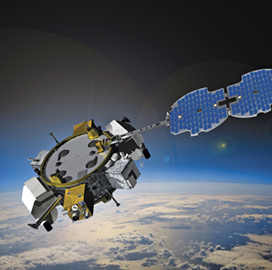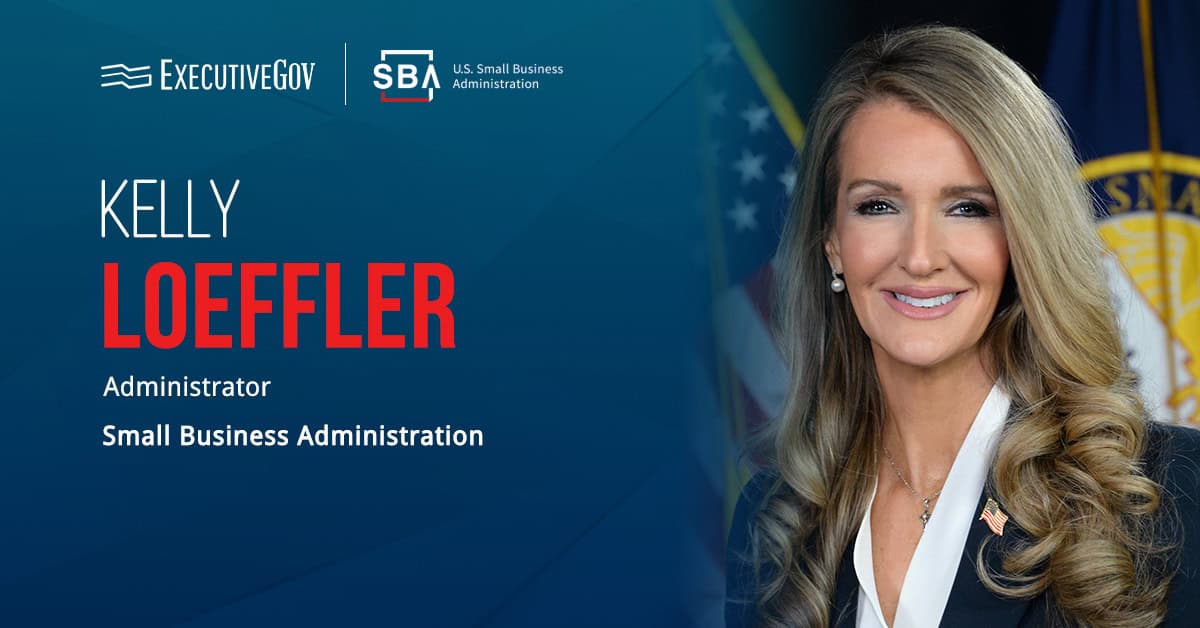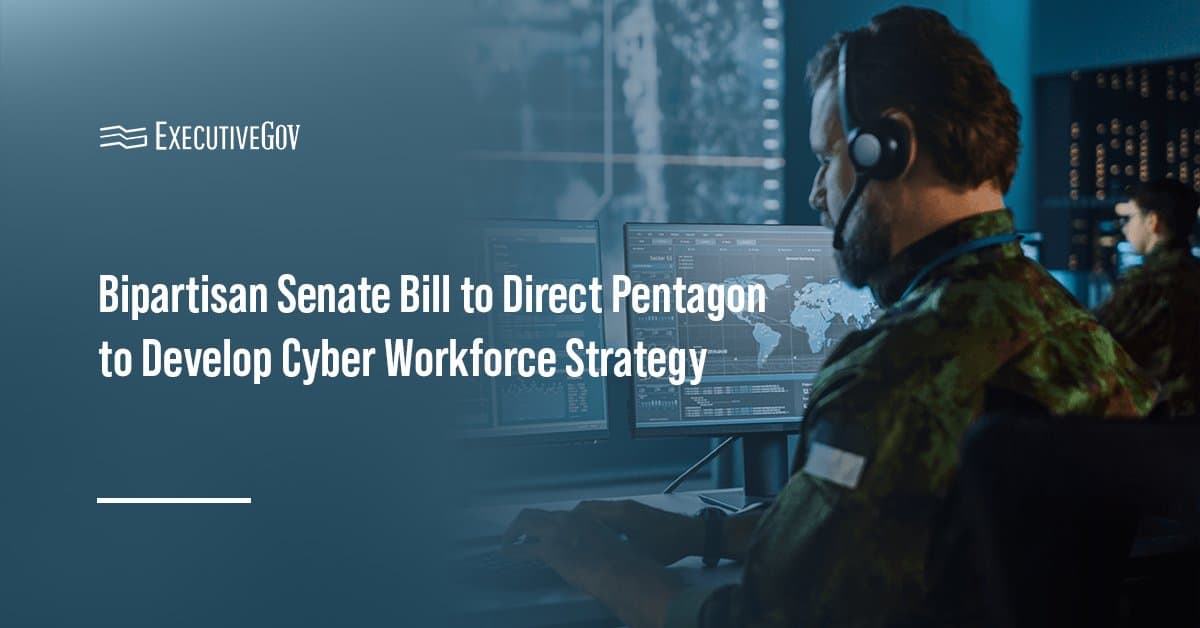The U.S. Space Force is working on a couple of efforts to transport small satellites and corresponding payloads to space, Space News reported Monday.
USSF plans to launch the Space Test Program 3 mission later this year to demonstrate the Long Duration Propulsive ESPA (LDPE), which will host multiple small satellites.
LDPE uses the ring-shaped, Northrop Grumman-made EELV Secondary Payload Adapter to accommodate and carry small payloads to orbits. The service branch’s Space and Missile Systems Center believes LDPE has the potential to enable frequent smallsat launches.
The other effort, known as Tetra, would produce smallsats designed to launch on LDPE and host a variety of payloads.





